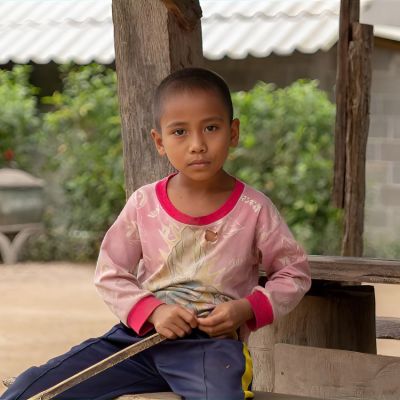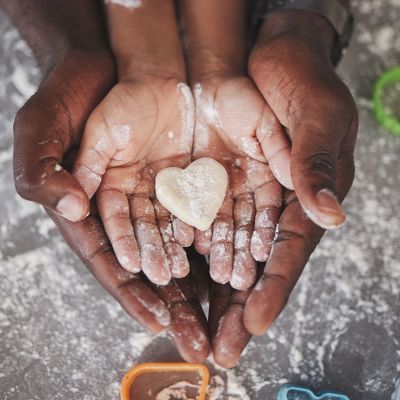Written by Dr. Kevin CHENG Shun Kai (Former professor of Theology and Ethics at China Graduate School of Theology)
Scriptures reading:
If any of your fellow Israelites become poor and are unable to support themselves among you, help them as you would a foreigner and stranger, so they can continue to live among you.
Many regulations related to harvest in the Old Testament were unprecedented in the ancient history of the Near East: During harvest, the Israelites were allowed to enter their neighbour’s vineyards or crops, eat as much as they wanted, and meet their subsistence needs right away. They can enjoy it as much as they like, with the mere condition being they can only pick them with their hands rather than relying on tools, let alone take them away. This implied that the harvest could not be taken away and eaten for one’s selfish desires, which subsequently safeguarded the interests of the farmland owner and prevented the abuse of such a unique privilege.
In the past, the land was given by the Lord to the Israelites to make a living. And today, the Lord gives us different skills and professions to make a living. In a modern society where individual rights are championed over collective interest, such harvest regulation confronted the conventional mindset of protecting one’s property and rights: It allows outsiders to enter the ‘private land’ to feast during harvest when it is of utmost importance to forbid outsiders from breaching into the manor. This showed how much God cares about the needs of the poor and vulnerable. But how does this relate to us?
A regulation that is even more relevant to sharing is demonstrated by Leviticus 25:35, which commands that one shall take any of their fellow Israelites who fall into financial distress into one’s home to live with him and help him so that he does not end up on the streets. In this case, the other person will see all matters at home, big and small. Such a mindset of helping fellows in financial distress is also manifested in Chapter 11 of ‘The Scholars’: Friends are obliged to share wealth, so why bother with it.’ This verse goes a step further and commands Israelites to take another person home and live with them.
The above verses demonstrated how the contemporaries of Ancient Israel regarded the matter of the ‘survival and living’ of a person or a family as an integral aspect of social relations and shared between a community. Every Israelite is a member of a covenant community, and this entire community formed a network where individuals cared for, protected and helped each other. The extent to which the Lord had commanded us to care for the disadvantaged is never unilateral, as he taught us that the entire community should consider their needs in multifaceted ways.
Let us think together:
Is it feasible to take a poor brother or sister home to live with them and help them in Hong Kong? Will that be asking for trouble? Supporting an elderly with difficulty walking can also lead to trouble in the Mainland, where you must be dexterous and kind and prepare for self-protection. So, how should we transform and implement these teachings so that people in need can receive real help?
And here I invite every one of you to take action:
A friend introduced you to a new immigrant family in a subdivided house. Their family of four lives in an 80-foot unit without windows, and they barely make a living. The father only works part-time, and his income is unstable. The two-year-old and four-year-old children have become ill one after another, and the father was infected with COVID again, which makes it a hard time for the family and the mother very worried. Please try to explore resources and methods that can help them.
ARTICLES OF THIS ISSUE
Written by Clara Chiu (Head of Partnership Development) Start children off on the way they should go, and even when th…
Written by Rebecca Lee (Programme Consultant) When we speak of ‘children’s ministry’, the provision …
Written by Samuel Ip (Intern) The notion that our planet is in a state of decline is no longer a foreign concept. As w…
Written by Dr. Kevin CHENG Shun Kai (Former professor of Theology and Ethics at China Graduate School of Theology) Scr…






